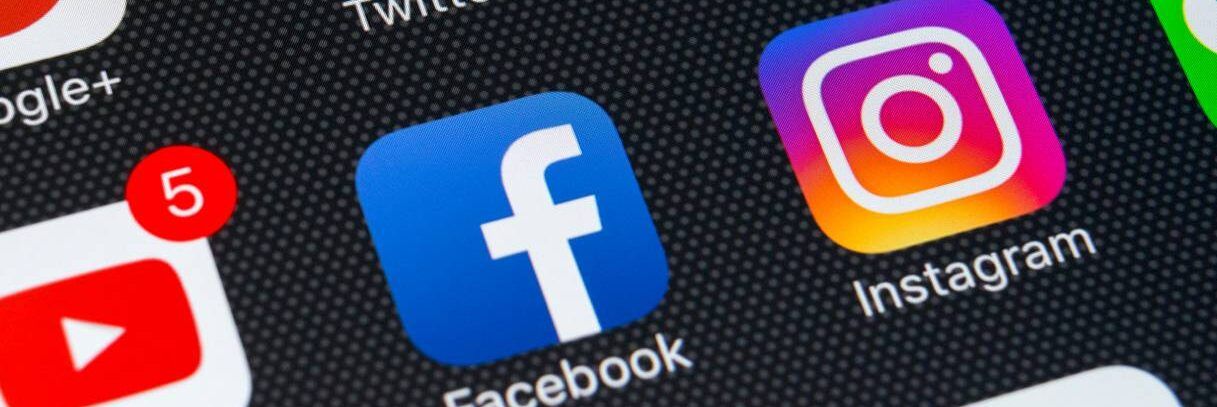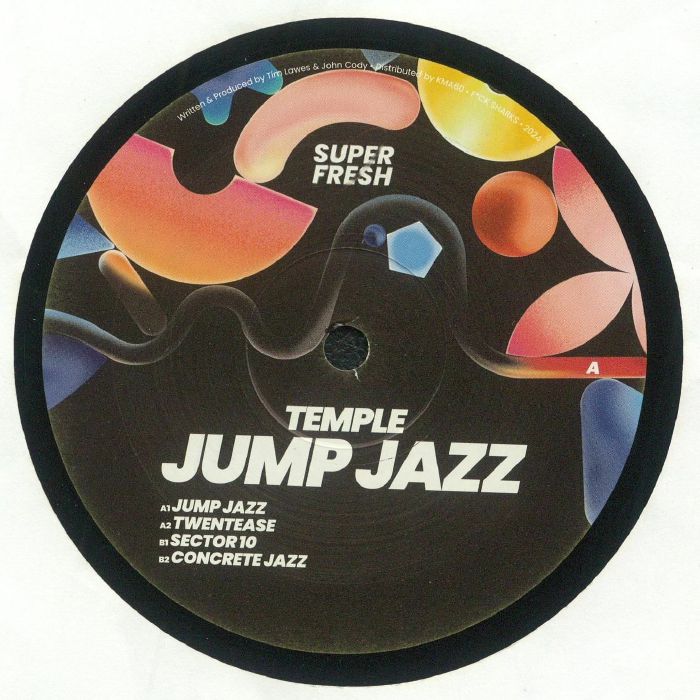Facebook, the world’s largest social media platform, has recently failed to reach an agreement with SIAE, the Italian Society of Authors and Publishers, covering Italy, Romania, San Marino, and Vatican City. SIAE is responsible for collecting royalties on behalf of its members, who include artists, songwriters, and publishers. The failure to reach an agreement means that Facebook will not be able to license SIAE’s music repertoire in these countries, which could have significant consequences for both the platform and its users.
What is SIAE?
SIAE represents the rights of artists, songwriters, and publishers in these countries. Its role is to collect royalties on behalf of its members and ensure that they are fairly compensated for their work. SIAE also plays a key role in promoting culture and supporting the development of new artists.
What Does it Mean for Facebook?
Facebook has been working to secure agreements with various music rights organizations around the world as part of its efforts to develop its music offering. The failure to reach an agreement with SIAE means that Facebook will not be able to license its music repertoire in these countries, which could limit the music available to users of the platform in those regions. This could have a significant impact on the user experience of the platform, as music is a key component of many Facebook features, including videos, stories, and live streaming.
The inability to license SIAE’s music could also limit Facebook’s ability to compete with other social media platforms that have already secured agreements with SIAE and other music rights organizations. For example, YouTube has a licensing agreement with SIAE, which allows it to offer a vast library of music to its users in these countries. This could give YouTube a significant advantage over Facebook in those regions.
What Does it Mean for Artists and Publishers?
The failure to reach an agreement with Facebook could also have significant consequences for artists and publishers in these countries. SIAE plays an important role in ensuring that its members are fairly compensated for their work, and the inability to license its music repertoire on Facebook could limit their ability to reach new audiences and generate revenue.
In addition, Facebook is a powerful platform for promoting and sharing music, and the inability to license SIAE’s music could limit the exposure of artists and publishers in these countries on the platform. This could have a negative impact on the development of the music industry and limit opportunities for new artists to gain recognition.
What’s Next?
While the failure to reach an agreement with SIAE is a setback for Facebook, it is possible that the two parties will continue to negotiate in the future. Facebook has already secured agreements with other music rights organizations around the world, and it is likely that it will continue to pursue similar agreements in these countries.
In the meantime, users of Facebook in these countries may need to turn to other platforms to access their favorite music, and artists and publishers may need to explore alternative ways to promote and monetize their work. The failure to reach an agreement with SIAE highlights the challenges that social media platforms face in navigating the complex landscape of music rights and royalties, and underscores the importance of working closely with rights organizations to ensure that artists are fairly compensated for their work.




